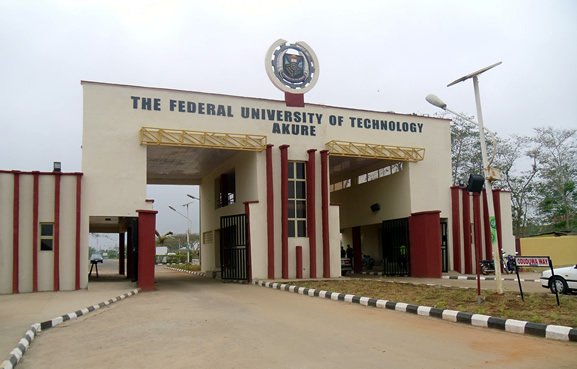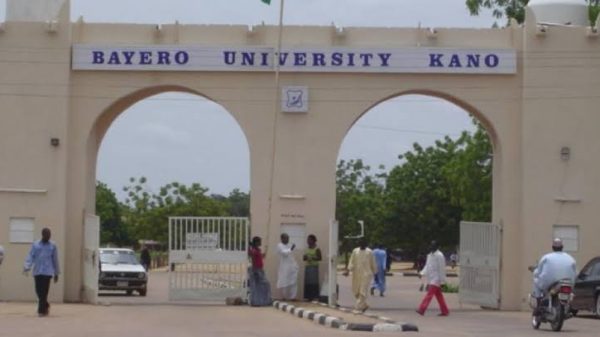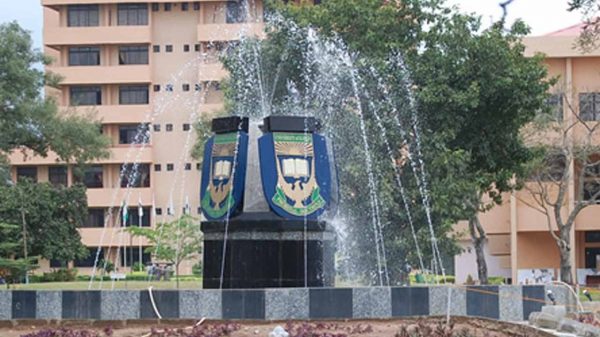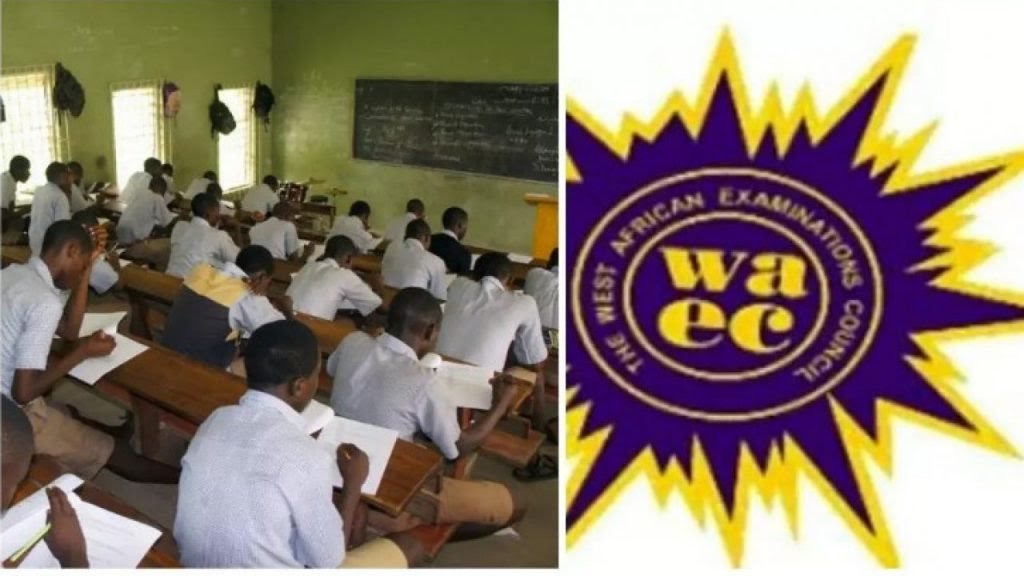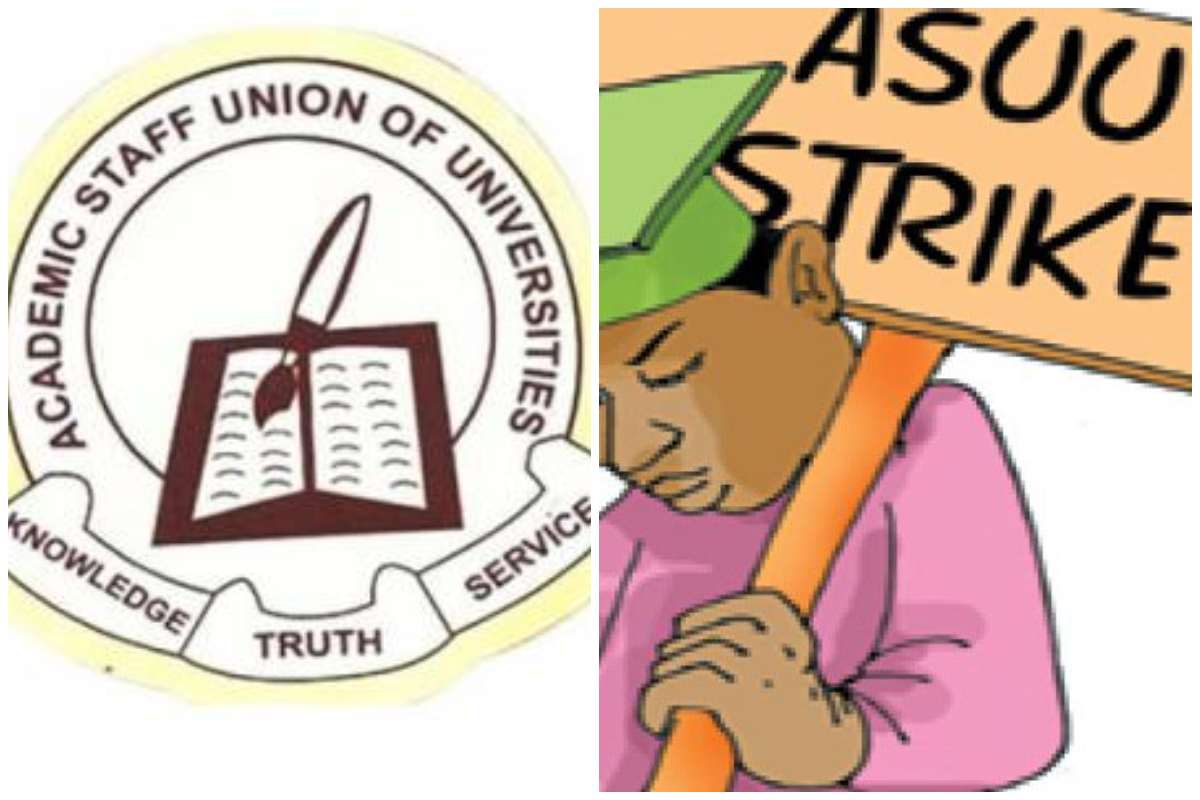Students from the nineteen northern states of Nigeria, on Friday, protested the lingering ASUU strike in Jalingo, the Taraba State capital.
Under the auspices of the Coalition of Northern Groups’ Students, the undergraduates are asking traditional rulers, civil society organisations, and government at all levels to urgently intervene and end the strike.
The protest followed the inability of the Federal Government to resolve the ongoing strike by members of the Academic Staff Union of Universities (ASUU), which has entered its fifth month.
To air their grievances, they carried placards bearing several inscriptions like ‘FG, end ASUU strike now’, ‘Incessant ASUU/FG face-off, a demonstration of craziness,’ etc.
The exasperated students while rallying for their cause barricaded the ever-busy Jalingo Expressway, a situation that caused gridlock for motorists.
Speaking to journalists, the National Secretary-General of the Coalition, Emuseh Gimba, accused the Federal Government of meeting the demands of the striking lecturers.
“The Federal Government has refused to listen to ASUU or even consider their plea. This is something we are supposed to be responsible for,” she said.
“These same people in government have once been students. These people have enjoyed free education in the past. They are the same people that call themselves our parents. If they will not listen to the plea of our lecturers, why won’t they listen to the plea of the Nigerian students?
“Why won’t they consider the fact that they enjoyed free education and the students in this time are not enjoying free education they enjoyed?”
According to her, students schooling in Kaduna, Katsina, and other northern states are worried by the worsening state of insecurity.
Gimba further bemoaned the high spate of kidnapping and banditry activities in the region, accusing the government of making life miserable for students by compounding their woes with the lingering ASUU strike.
She further asked the authorities to resolve the impasse with the striking lecturers so that students’ welfare can be prioritised.
About Author


